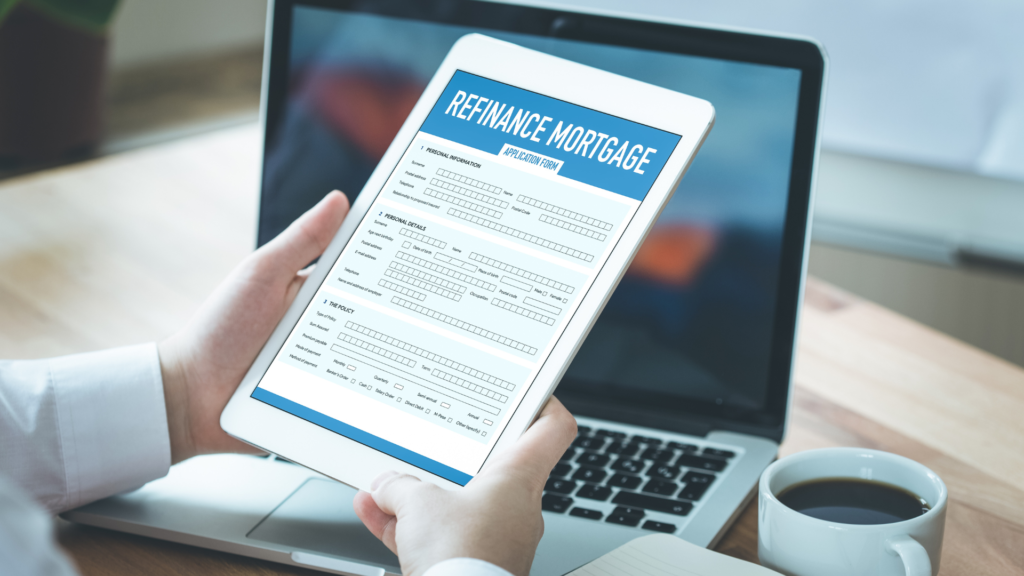
How to Determine When to Refinance Mortgage
How to determine when to refinance mortgage? Refinancing your mortgage can be a strategic financial move that might save you money, lower your monthly payments, or help you pay off your home faster. However, determining the right time to refinance requires careful consideration of various factors. In this article, we’ll guide you through the essential steps to decide when refinancing your mortgage is a wise decision.
Meta Title:
When to Refinance Your Mortgage: A Comprehensive Guide
Meta Description:
Discover how to determine the perfect time to refinance your mortgage with our expert guide. Learn about interest rates, equity, and other crucial factors today.
Understanding the Basics of Mortgage Refinancing
Mortgage refinancing involves replacing your current home loan with a new one, often with different terms. Homeowners typically refinance to take advantage of lower interest rates, change their loan term, switch from an adjustable-rate to a fixed-rate mortgage, or cash out home equity. Understanding the basics of mortgage refinancing is the first step in making an informed decision.
Evaluating Your Financial Goals
Before diving into the refinancing process, it’s crucial to assess your financial objectives. Are you looking to reduce your monthly payments, shorten your loan term, or tap into your home equity for large expenses? Your goals will significantly influence the timing and type of refinancing option you should consider.
Monitoring Interest Rates
A key factor in deciding when to refinance is the interest rate environment. Generally, if current mortgage rates are at least 0.5% to 1% lower than your existing rate, refinancing might be beneficial. However, this rule of thumb also depends on the remaining term of your loan and the costs associated with refinancing.
Calculating the Break-Even Point
Refinancing comes with fees and closing costs, so it’s important to calculate the break-even point — the moment when your savings from a lower rate outweigh the expenses of refinancing. Divide the total closing costs by the monthly savings from your new payment to estimate how long it will take to recoup the costs. If you plan to stay in your home beyond this period, refinancing might make sense.
Considering Your Home Equity
Your home equity — the portion of your property that you truly own — plays a vital role in refinancing. Typically, having at least 20% equity in your home is favorable when refinancing, as it can help you avoid private mortgage insurance (PMI) and qualify for better rates. If your equity has increased significantly since you purchased your home, refinancing could be particularly advantageous.
Evaluating Your Credit Score
Your credit score is a critical factor lenders consider when you apply for refinancing. A higher credit score can qualify you for the best interest rates. If your credit score has improved since you took out your original mortgage, you might find refinancing to be a financially beneficial move.
Understanding Loan Terms and Costs
When considering refinancing, it’s essential to look beyond just the interest rate. Evaluate the terms of the new loan, including the length of the mortgage, adjustable vs. fixed rates, and any fees or penalties. Make sure these terms align with your financial goals and situation.
Considering Market and Economic Conditions
The broader economic environment can impact mortgage rates and the attractiveness of refinancing. Economic factors such as inflation, the Federal Reserve’s actions, and overall market conditions can influence rates. Keeping an eye on these trends can help you time your decision to refinance more effectively.
Consulting with a Financial Advisor
Refinancing a mortgage is a significant financial decision that can have long-term implications on your financial health. Consulting with a financial advisor or mortgage broker can provide personalized advice based on your financial situation, helping you make a more informed decision.
Conclusion
Determining when to refinance your mortgage involves a careful assessment of your financial goals, market conditions, and personal circumstances. By understanding the basics of refinancing, evaluating your financial goals, monitoring interest rates, and calculating the break-even point, you can make a well-informed decision. Remember, the best time to refinance is when it aligns with your financial objectives and can improve your financial situation. Consulting with a financial professional can also provide valuable insights and guidance tailored to your specific needs.

